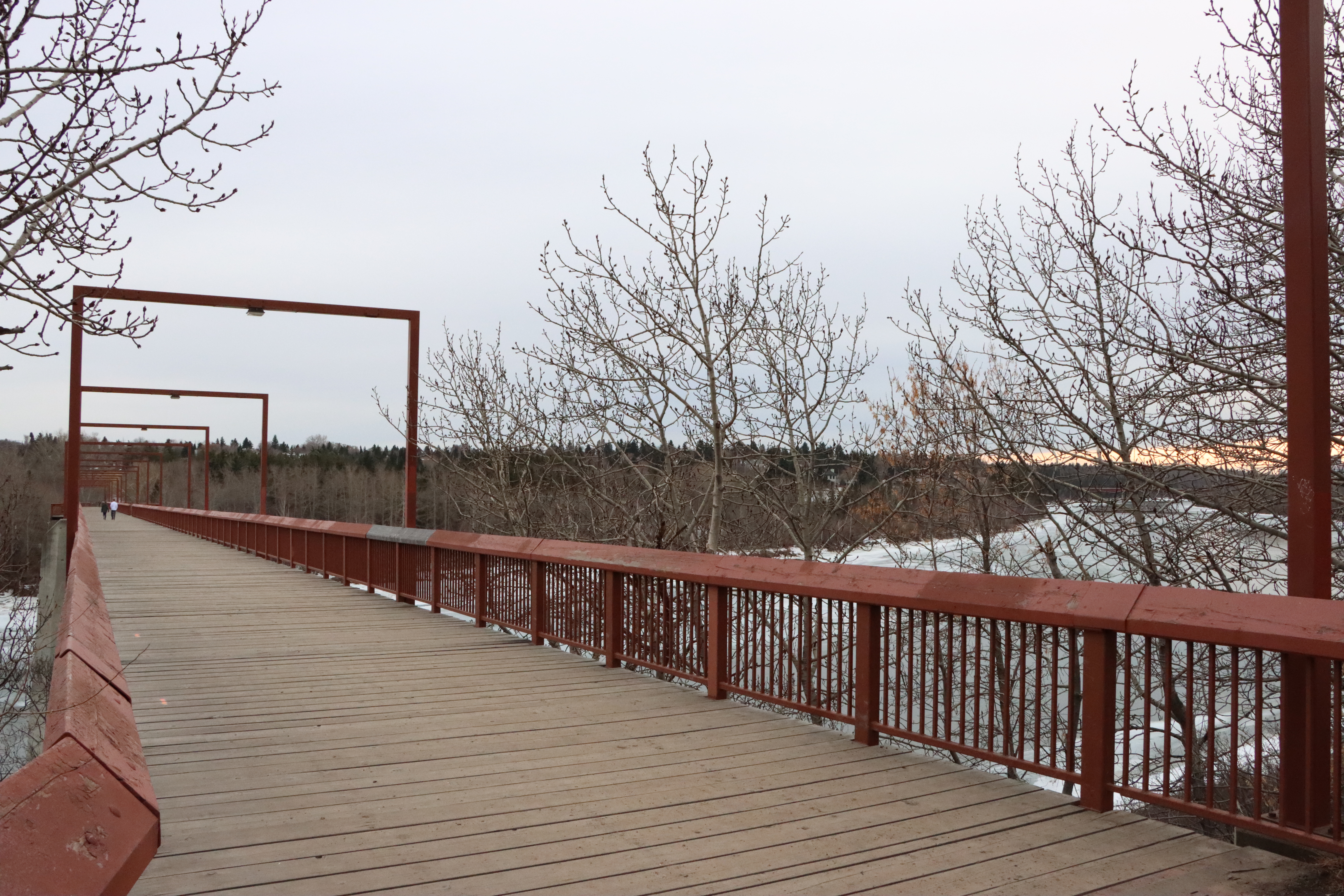Ucalgary mpp week 1 reflection
Week 1 of UCalgary MPP 2023-2024 Class
Aug. 28 - Sept. 1 2023; this marked my first time attending school during the week leading up to the Labour Day weekend. This early start is unique to the MPP program; the rest of the university didn't commence classes until Sept. 5, the Tuesday following the Labour Day weekend.
The PPOL 600: The Study of Public Policy course, led by Dr. Jennifer Zwicker, ran daily from Monday to Friday, 9 AM to 12 PM, accompanied by introductory and welcome activities each afternoon. This block week schedule was new to me, and I found it quite beneficial as it allowed for a deep dive into the foundational material that will be central in shaping our approach to framing policy issues in the future. The course aimed to provide a comprehensive introduction to the realm of public policy and policy analysis, following Bardach's Eightfold Path described in his book A Practical Guide for Policy Analysis.
Highlights:
- Completing a virtual course on UCalgary's Indigenous strategy, The Story of ii’ taa’poh’to’p, which offered the following key takeaways:
- Educating students, staff, and faculty about Indigenous histories, cultures, and languages to combat stereotypes and misunderstandings that have perpetuated systemic racism within our society, institutions, and governments.
- Engaging directly with marginalized populations is crucial; their stories and needs should guide co-created solutions instead of top-down decisions.
- Approach policy-making with empathy and humility, recognizing that we can't know everything.
- Learning first-hand from Dr. Jackie D. Sieppert, the co-chair of the Indigenous Strategy Working Group, I was impressed by the genuine efforts undertaken over the course of two years. The group brought together Traditional Knowledge Keepers, Indigenous educators, and the university community to craft an authentic framework steering UCalgary on the path towards reconciliation.
- Learning from Neil Yeates about the intricacies of a career in public policy, including both the challenges and the rewarding aspects, as well as navigating provincial and federal government landscapes.
- Our first-week assignment involved completing a policy analysis based on the science-fiction film Wall-E. Re-watching Wall-E after 15 years was a nostalgic experience. Each day throughout the week, we discussed successive steps of Bardach's Eightfold Path. In the evenings, we individually crafted fictional policy analyses derived from the film, utilizing the elements of the framework we learnt in class that same morning.
- On our last day, we completed a 2-hour group case study, which included being randomly assigned into a group and presented with facts and a prompt pertaining to Canadian healthcare. The activity brought back many great memories from my undergrad years when I actively participated in engineering competitions and hackathons.
- I found the diversity of perspectives that can emerge from identical information to be intriguing. All eight randomized groups were presented with the same prompt and background information, but none defined their problem statement in the same manner and we all for the most part explored very different areas of health. This underscores that there's rarely a single correct solution in policy formulation. Instead, it's about crafting a compelling analysis to facilitate decision-making and execution.
- Looking back on this week, I appreciated delving into Bardach's Eightfold Path and the enriching class discussions that accompanied it. These experiences have expanded my horizons in ways I haven't considered before. On the surface, Bardach's framework might seem linear and straightforward, but as highlighted in class, it's far more circuitous, especially when working in diverse groups. In a group setting, each member's unique background can often make it feel as though our discussions meander without meaningful progress. However, this perception is deceptive. I firmly believe that these open-ended brainstorming sessions play a key role in refining our thoughts and shaping our viewpoints. After a number of back-and-forth rounds, we can begin to systematically document our analysis, pinpoint gaps, and, using Bardach's framework, identify potential pitfalls to navigate.
*Photo: Goldbar Park Edmonton, AB taken Mar. 21/21.
